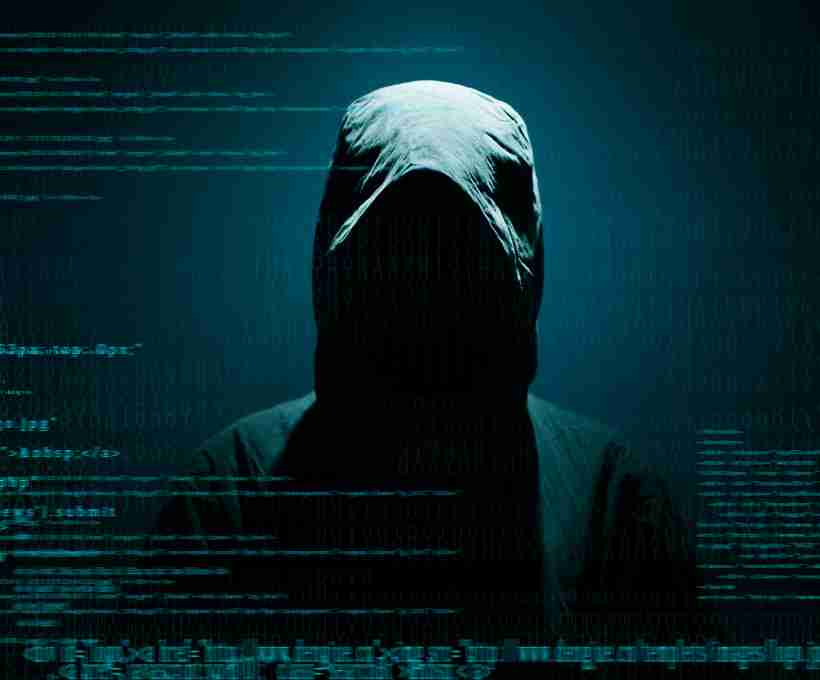In today’s digital world, where data is the new oil, cybersecurity has become more important than ever. With the increasing number of cyberattacks, the demand for cybersecurity professionals is skyrocketing. One term that often pops up in this domain is “ethical hacking.” But is ethical hacking a good career? Let’s explore this in detail.
What is Ethical Hacking?
Ethical hacking, also known as white-hat hacking, involves legally breaking into computers and devices to test an organization’s defenses. Ethical hackers use the same techniques as malicious hackers (black-hats), but with permission from the organization they are testing. The goal is to find vulnerabilities before the bad guys do.
These professionals play a crucial role in safeguarding sensitive data, critical systems, and overall IT infrastructure. From tech giants like Google and Facebook to government organizations, everyone needs ethical hackers.
Why Ethical Hacking is in Demand
There are several reasons why ethical hacking is gaining popularity and relevance:
- Rise in Cybercrimes: With increasing digital transformation, cybercrimes have surged. Organizations now prioritize cybersecurity more than ever.
- Data Sensitivity: With data breaches becoming a common headline, companies are investing heavily in cybersecurity professionals to protect sensitive user data.
- Compliance Requirements: Regulatory bodies require organizations to adhere to strict security standards. Ethical hackers help ensure compliance.
- Increased Awareness: Companies are becoming more aware of the risks and are proactively hiring cybersecurity experts to assess and improve their security posture.
- Bug Bounty Programs: Platforms like HackerOne and Bugcrowd offer ethical hackers monetary rewards for finding vulnerabilities, creating even more opportunities.
Skills Required to Become an Ethical Hacker
To pursue a career in ethical hacking, you need a specific set of technical and soft skills:
- Networking Knowledge: Understanding TCP/IP, DNS, routers, firewalls, and protocols is crucial.
- Operating Systems: Mastery over Windows, Linux, and Mac OS platforms.
- Programming Skills: Knowledge of languages like Python, Java, C, C++, PHP, and Ruby helps in understanding and exploiting software.
- Cryptography: Knowing how encryption and decryption work is essential.
- Web Application Security: Familiarity with OWASP Top 10 vulnerabilities such as XSS, SQL Injection, CSRF, etc.
- Penetration Testing Tools: Tools like Nmap, Wireshark, Burp Suite, Metasploit, and John the Ripper.
- Problem-Solving Mindset: Thinking like a hacker to find loopholes.
- Communication Skills: Reporting findings clearly to non-technical stakeholders.
Certifications That Add Value
Certifications can significantly boost your credibility as an ethical hacker:
- CEH (Certified Ethical Hacker) by EC-Council
- OSCP (Offensive Security Certified Professional)
- CompTIA Security+
- CISSP (Certified Information Systems Security Professional)
- CISA (Certified Information Systems Auditor)
- GIAC Penetration Tester (GPEN)
These certifications demonstrate your knowledge and commitment to the field.
Educational Background
While a degree in computer science, IT, or cybersecurity helps, it is not mandatory. Many successful ethical hackers are self-taught or come from unconventional backgrounds. What truly matters is your practical knowledge and ability to solve real-world problems.
Career Opportunities in Ethical Hacking
Ethical hacking offers a wide range of job roles and opportunities:
- Penetration Tester: Simulates attacks to find vulnerabilities.
- Security Analyst: Monitors systems and detects breaches.
- Vulnerability Assessor: Identifies and assesses risks.
- Cybersecurity Consultant: Provides advice on security protocols.
- Information Security Manager: Oversees security strategies.
- Bug Bounty Hunter: Works independently to find bugs in various platforms.
- Malware Analyst: Dissects malware to understand its functioning.
Salary Expectations
Ethical hacking is a well-paying career. Here’s an approximate breakdown:
- Entry-Level: $50,000 to $70,000 annually
- Mid-Level: $80,000 to $110,000 annually
- Experienced Professionals: $120,000 to $160,000 annually
- Freelance Bug Bounty Hunters: Income varies; some make six figures or more
These figures vary based on location, company, experience, and skill level.
Freelancing and Remote Opportunities
One of the most attractive aspects of ethical hacking is the ability to work remotely or freelance. Platforms like Upwork, Freelancer, and TopTal offer gigs related to penetration testing and cybersecurity. Bug bounty platforms also allow you to earn while working on your schedule.
Ethical Hacking vs. Traditional IT Jobs
While traditional IT roles like system administration or network management are crucial, ethical hacking stands out due to its dynamic nature. It’s more challenging, often more rewarding, and constantly evolving. If you enjoy puzzles, problem-solving, and staying ahead of cybercriminals, this career is for you.
Challenges in the Ethical Hacking Career
Despite its perks, the field comes with its own challenges:
- Constant Learning: The cybersecurity landscape changes rapidly.
- Stressful Situations: Handling live attacks or critical vulnerabilities.
- Legal Boundaries: Need to stay within legal frameworks.
- Ethical Dilemmas: Requires a strong moral compass.
How to Start Your Career in Ethical Hacking
- Build a Strong Foundation: Learn about networks, operating systems, and basic cybersecurity principles.
- Get Certified: Start with CEH or CompTIA Security+.
- Practice in Labs: Use platforms like Hack The Box, TryHackMe, and OverTheWire.
- Contribute to Open Source: Show your skills and learn from others.
- Create a Portfolio: Document your findings, write blogs, or publish reports.
- Apply for Internships: Get hands-on experience in real-world environments.
- Stay Updated: Follow cybersecurity news, read blogs, and participate in forums.
Real-Life Success Stories
- Kevin Mitnick: Once a black-hat hacker, now a successful cybersecurity consultant.
- Parisa Tabriz: Known as Google’s “Security Princess,” she leads Chrome’s security team.
- Mark Litchfield: One of the top bug bounty hunters in the world.
These individuals prove that with the right skills and mindset, ethical hacking can be a fulfilling and lucrative career.
Final Thoughts
So, is ethical hacking a good career? Absolutely. It’s exciting, in-demand, well-compensated, and offers opportunities to make a real difference. But it’s not for the faint-hearted. It requires dedication, continuous learning, and a strong ethical foundation.
Whether you’re just starting out or considering a career switch, ethical hacking is a path worth exploring. With cyber threats on the rise, the world needs more defenders than ever.
Start learning, stay ethical, and hack for good.
If you’re passionate about cybersecurity, there’s never been a better time to become an ethical hacker.





